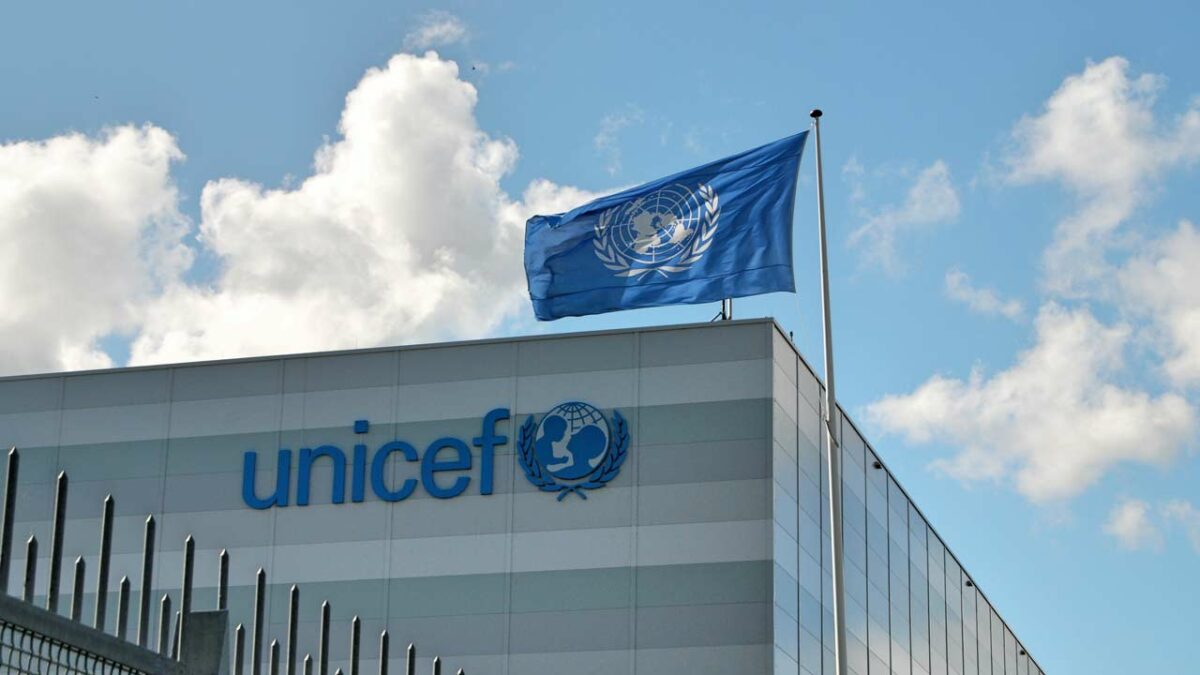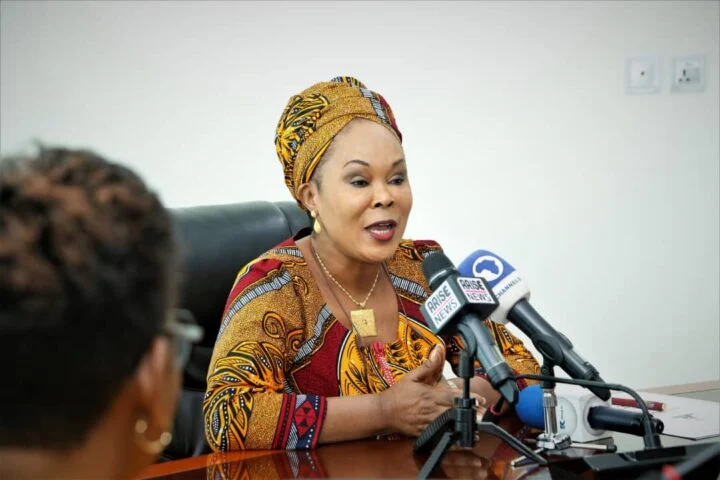A recent publication by the United Nations Children Fund (UNICEF) shows that out of the 300 million boys and men living in the African and Middle Eastern countries that still practise Female Genital Mutilation (FGM), 200 million want it abolished.
Titled “Engaging Boys and Men to End Female Genital Mutilation”, the publication coincided with the International Day of Zero Tolerance for FGM marked every February 6.
According to the report, boys and men are as likely as girls and women to oppose the practice even though FGM is believed to be deeply rooted in patriarchy.
READ ALSO: ‘Sex Isn’t Something I Look Forward To’ — Survivors of FGM Recount Horrifying Experiences
“Though female genital mutilation is often understood as a patriarchal norm oppressive to girls, it is not upheld by men alone,” says UNICEF.
FUNICEF believes men can play a significant role in ending FGM by publicly voicing their opposition to the practice and advocating for its elimination.
“It is not enough that they simply believe female genital mutilation should stop,” says UNICEF.
“It is important for fathers to support the abandonment of female
genital mutilation, particularly if the mother also opposes the practice,
since this gives girls the best chance of escaping the procedure.
“However, the data illustrate that women currently have more
decision-making power around female genital mutilation than men.
When couples disagree on the issue, it is the mother’s opinion that is
more predictive of whether a girl will be subjected to the practice.
READ ALSO: International Day of the Girl Child: Champions of A New Era for Girls
“This means that girls are being cut despite having fathers who
oppose female genital mutilation. This could be because the
fathers did not make their opinions known, or did not see a role for
themselves in the decision around a ‘woman’s issue’.
“Men who oppose female genital mutilation have the potential to act
as agents of change and must be emboldened to make their voices
heard and advocate for the abandonment of the practice.”
In a related development, the World Health Organisation (WHO) says more than 200 million girls and women have undergone FGM in 30 countries in Africa, the Middle East and Asia.
FGM is a harmful practice that involves altering or injuring the female genitalia for non-medical reasons. Research has shown that it causes severe bleeding, problems urinating, cysts, infections, complications in childbirth and increased risk of newborn deaths.
Recognised internationally as a violation of the human rights of girls and women, the United Nations (UN), through its Sustainable Development Goals (SGDs), hopes to end the practice by 2030.
Subscribe
Be the first to receive special investigative reports and features in your inbox.















